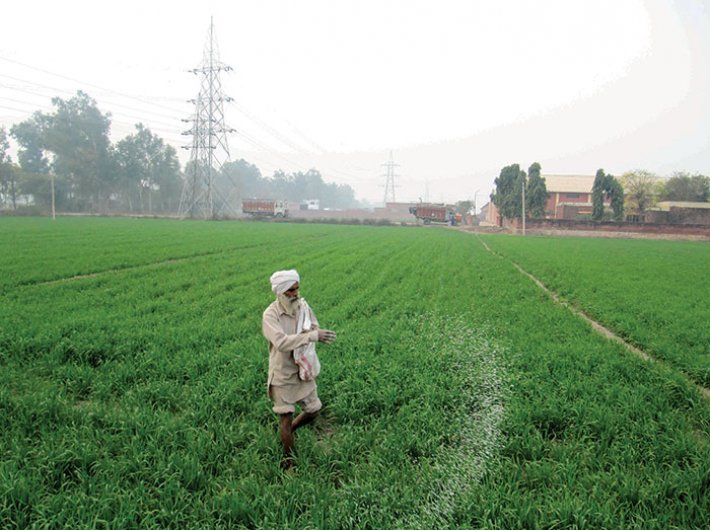ASHA-Kisan Swaraj counters chemicals dept letter to agri ministry, decries ‘short-sighted prioritization of economic growth’
A civil society group has pointed out several “fallacies” in the chemicals and fertilizers ministry’s letter in response to the agriculture ministry’s draft of banning 27 deadly pesticides, and accused the former of acting on behalf of industry and at the expense of sustainable farming.
Concerned over the June 2 letter from the ministry of chemicals and fertilizers to the ministry of agriculture, cooperation and farmers' welfare (MoAFW) in the matter of the latter’s notification of a draft ban order with regard to 27 deadly pesticides in India, ASHA-Kisan Swaraj (Alliance for Sustainable & Holistic Agriculture) has written to the secretary, department of chemicals and petrochemicals, and objected to the arguments that the DCPC presented.
ASHA is a network of farmer’s and women’s organisations, environmental organisations, consumer groups, citizens and experts working for the cause of sustainable and viable farm livelihoods in India.
“It is shocking that the ministry of chemicals and fertilizers is acting as a full partisan front for the industry as though it has nothing to do with citizens and sustainable development even though this department is part of a democratic government. It is even more shocking to see the department of chemicals and petrochemicals parrot some talking points given by the industry and blindly use the same in its letter to the ministry of agriculture, without any rigour of its own,” the letter notes.
“What is also shocking is that what you have written to the MoAFW is in direct contradiction to the prime minister’s clarion call on India’s Independence Day in 2019, asking for a cutting down on the use of agro-chemicals and destruction of Mother Earth,” says the letter.
“For one thing, decisions on bans cannot be based on market considerations. If that was the case, even deadly pesticides cannot be banned. Reviews and subsequent prohibition decisions are about safety, and short-term profits for the industry cannot be the reason to take away the Right to Life of agricultural workers and farmers or to do irreparable harm to the environment. The argument around these 27 pesticides having a 40% share of the Indian pesticide industry market is simply untenable. It is another matter that the claim around the market share of these pesticides is entirely industry-dependent in the absence of any other robust data systems maintained by the government through departments like yours.
“Secondly, we are sure you are already aware that this proposal of banning 27 pesticides from the MoAFW is not sudden or unexpected even though your letter alludes to the ‘sudden banning’. Several of these pesticides have been featuring in reviews starting from the RB Singh Committee in 1999 and lack of data has been used to procrastinate sound decision-making in favour of sustainable development,” it points out.
The Review Committee led by Dr Anupam Verma was constituted and began its work way back in 2013, according to this letter. “From the time the review began - which itself was long-pending given that civil society reports and ground level poisoning reports were implicating many pesticides featured in this list of 27 pesticides – it was apparent that the possibility of these pesticides getting banned has become stronger and clearer. What’s more, the pesticide industry insinuated itself into the review process and actually partook in that process. Being part of central insecticides board & registration committee your ministry also partook in the processes of adoption of the Anupam Verma Committee report. Therefore, it is simply unsubstantiated to say that this banning is sudden,” says the letter.
The letter gives point-by-point counterarguments and concludes, “Lastly, your letter alludes to need for economic growth for agro-chemical industry. It is sad that you would be supportive of economic growth to the exclusion of other serious concerns. It is precisely this short-sighted prioritisation of economic growth over environmental parameters which have caused a great damage to this country and its people.”
The letter signed by co-convenor Kavitha Kuruganti has asked the department to withdraw its communication to the agriculture ministry.

